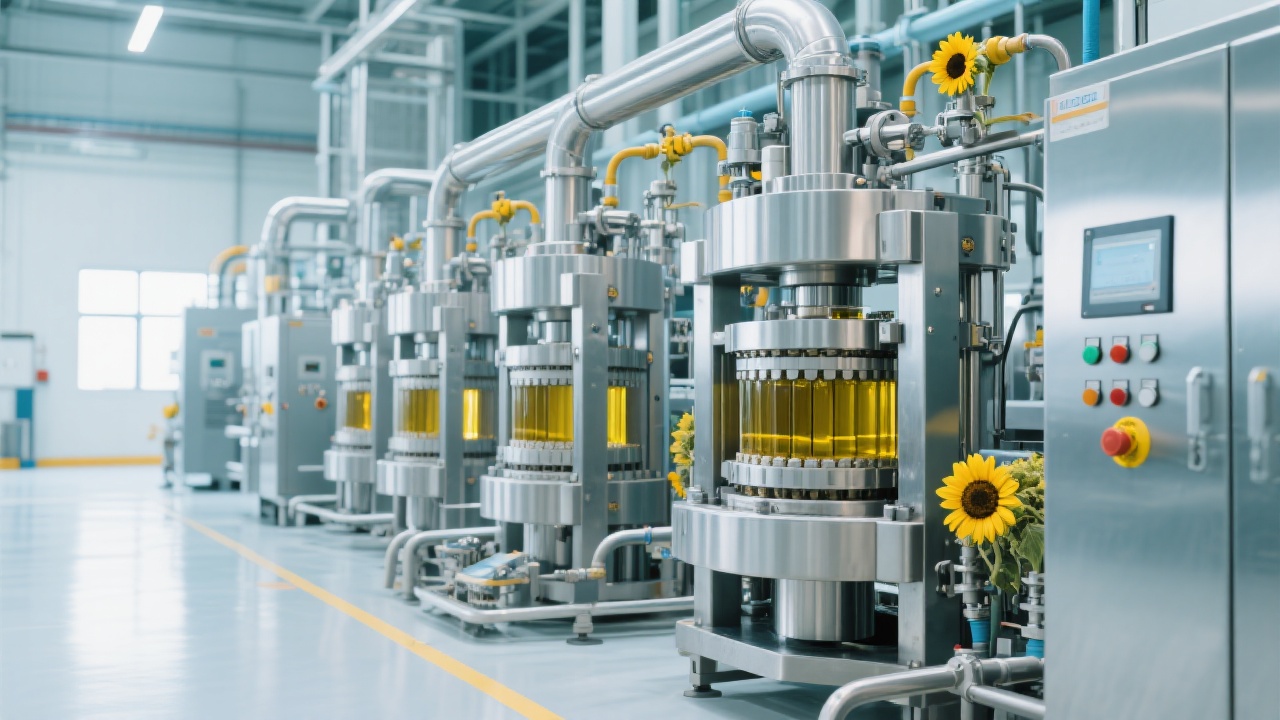
In the soybean processing industry, the question of whether energy-efficient soybean processing equipment is suitable for large-scale production has always been a topic of concern. This article will provide in-depth insights into this issue, aiming to help soybean processing enterprises understand and evaluate the value of energy-efficient equipment in expanding production scale and achieving sustainable development.
Energy-efficient soybean processing equipment combines high-efficiency production capabilities with reduced energy consumption. The mechanical design of this equipment has a wide range of production capacities, covering from 10 tons to 1600 tons per day. For example, in a large soybean processing plant in the United States, after replacing traditional equipment with energy-efficient soybean processing equipment, the daily processing capacity increased from 500 tons to 800 tons, while the energy consumption decreased by 20%.
The equipment uses advanced energy-saving technologies, such as intelligent control systems that can adjust the operating parameters of the equipment according to the actual production volume and raw material characteristics, thereby reducing unnecessary energy waste. In addition, the use of high-efficiency motors and optimized transmission systems also contributes to energy conservation.

To ensure production continuity and stability, energy-efficient soybean processing equipment is equipped with a series of advanced technologies. For instance, it has a self-diagnosis and fault alarm system. Once a potential problem is detected, the system will immediately issue an alarm and provide corresponding solutions, reducing the downtime caused by equipment failures. According to statistics, with this system, the equipment's uptime can reach over 95%.
Moreover, the equipment uses high-quality materials and precision manufacturing processes, which can withstand long-term continuous operation. In a Brazilian soybean processing enterprise, the energy-efficient equipment has been running continuously for 300 days without major failures, effectively ensuring the normal progress of production.
Soybean flakes produced by this equipment are a key raw material for various downstream soybean products, such as soybean oil, soy protein isolate, and soybean meal. The high-quality soybean flakes produced by energy-efficient equipment have a high protein content and good solubility, which can improve the quality and yield of downstream products.
For example, a soybean oil processing enterprise in China found that after using soybean flakes produced by energy-efficient equipment, the oil extraction rate increased from 18% to 20%, and the quality of the soybean oil also improved significantly. This not only increased the enterprise's economic benefits but also enhanced its market competitiveness.

From a long-term perspective, energy-efficient soybean processing equipment is of great strategic significance to enterprises. In the context of increasing global environmental protection requirements and rising energy prices, using energy-efficient equipment can help enterprises reduce production costs, improve resource utilization efficiency, and achieve sustainable development.
As an industry expert said, "Energy-efficient equipment is not only a tool for production but also a strategic investment for enterprises. It can help enterprises gain a competitive advantage in the long run." Therefore, soybean processing enterprises should make rational investment decisions based on their own development needs and market conditions.
In summary, energy-efficient soybean processing equipment has significant advantages in large-scale production. Its energy-saving technology features, ability to ensure production continuity and stability, and the economic value of producing soybean flakes all make it an ideal choice for soybean processing enterprises. If you are interested in this equipment and want to know more details, please contact our professional team for in-depth consultations.

